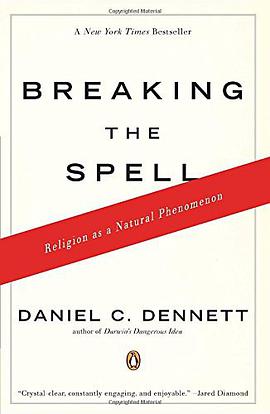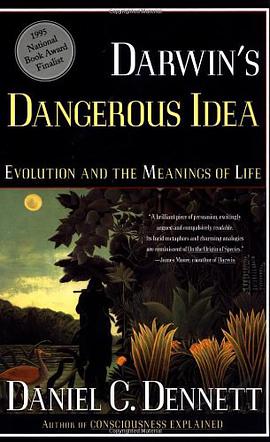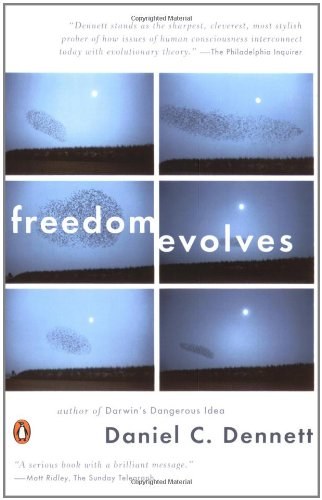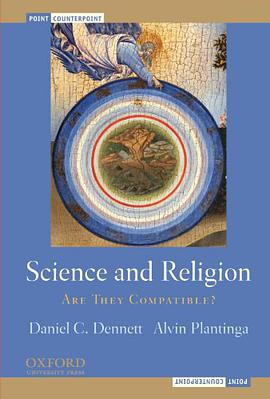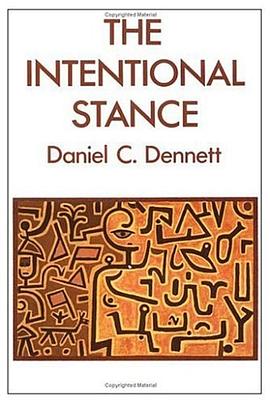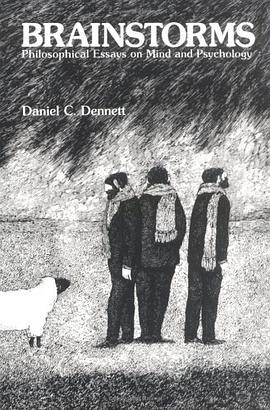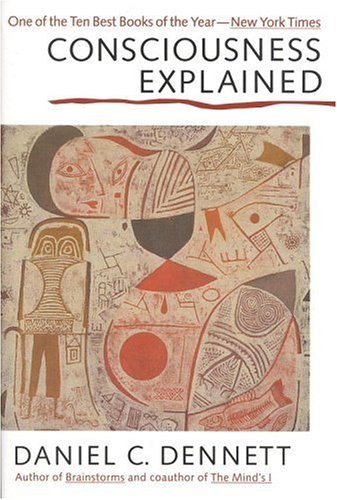How are we able to understand and anticipate each other in everyday life, in our daily interactions? Through the use of such "folk" concepts as belief, desire, intention, and expectation, asserts Daniel Dennett in this first full-scale presentation of a theory of intentionality that he has been developing for almost twenty years. We adopt a stance, he argues, a predictive strategy of interpretation that presupposes the rationality of the people - or other entities - we are hoping to understand and predict.These principles of radical interpretation have far-reaching implications for the metaphysical and scientific status of the processes referred to by the everday terms of folk psychology and their corresponding terms in cognitive science.While Dennett's philosophical stance has been steadfast over the years, his views have undergone successive enrichments, refinements, and extensions. The Intentional Stance brings together both previously published and original material: four of the book's ten chapters - its first and the final three - appear here for the first time and push the theory into surprising new territory. The remaining six were published earlier in the 1980s but were not easily accessible; each is followed by a reflection - an essay reconsidering and extending the claims of the earlier work. These reflections and the new chapters represent the vanguard of Dennett's thought. They reveal fresh lines of inquiry into fundamental issues in psychology, artificial intelligence, and evolutionary theory as well as traditional issues in the philosophy of mind.Daniel C. Dennett is Distinguished Arts and Sciences Professor at Tufts University and the author of Brainstorms and Elbow Room. The Intentional Stance, along with these works, is a Bradford Book.
